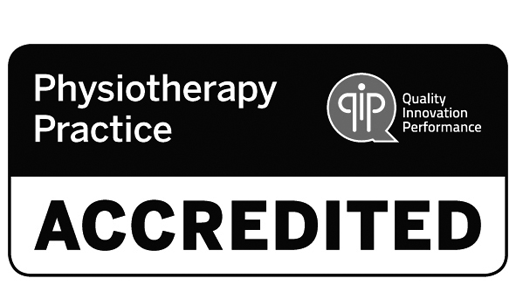![]()
Women's Pelvic Health
Optimise Your Pelvic Health
• At Women’s & Men’s Health Physiotherapy we lead the way in pelvic health ensuring you can enjoy life to the fullest
• We understand that bladder and bowel problems, prolapse and pelvic pain are distressing
• You are not alone – do not suffer in silence
Get Expert Help For Your Pelvic Floor
• The pelvic floor muscles support and control the bladder and bowel and assist sexual function
• A normal pelvic floor is able to contract and relax; yours may be weak or too tight
• At Women's & Men's Health Physiotherapy we specialise in assessing your pelvic floor and designing a personalised pelvic health program exclusively for you
Women's Pelvic Health Problems We Can Help
 Bladder
Bladder
Bladder leakage, rushing to the toilet and going frequently are not normal. We can help... Read More
 Vulval & Sexual Pain
Vulval & Sexual Pain
One in five women experience vulval pain or painful sex, but most are too embarrassed to talk with their doctor or confide in a friend.... Read More
 Endometriosis & Adenomyosis
Endometriosis & Adenomyosis
Endometriosis and adenomyosis affect 1 in 10 Australian women, and often have a significant impact on many aspects of the lives of those who experience it.… Read More
Bladder pain is a condition affecting many people in Australia. Common diagnoses we see are Interstitial Cystitis, Bladder Pain Syndrome, and Recurrent Urinary Tract Infections.... Read More
 Bowel
Bowel
Loss of control and constipation are highly distressing and seldom talked about. There is help available... Read More
 Pelvic Surgery
Pelvic Surgery
Hysterectomy is the most common female surgery. Optimising your pelvic floor will assist your recovery... Read More
 Pelvic Floor Check
Pelvic Floor Check
Research shows that 50% of women cannot correctly contract their pelvic floor. Prevention is always better than cure... Read More
50% of women experience prolapse, vaginal heaviness and dragging. Improving your pelvic floor will reduce these symptoms… Read More
Persistent pelvic pain is a condition experienced by 1 in 5 Australian women, but is rarely spoken about.… Read More
What Is Pelvic Floor Physiotherapy?
The pelvic floor muscles are at the base of the pelvis and attach from the pubic bone at the front to the tail bone at the back. They are like a hammock and support the bladder, uterus and bowel. They also help control the bladder and bowel and play a role in sexual function.
If the pelvic floor muscles are weak, they can contribute to poor bladder and bowel control and pelvic organ prolapse. If you are unable to relax your pelvic floor you may have problems with bladder and bowel emptying or sexual and pelvic pain.
Our specifically trained Physiotherapists will evaluate the function of your pelvic floor muscles and assess your ability to contract and relax these muscles. Pelvic floor muscle training under the guidance of a Pelvic Floor Physiotherapist is recognised as an effective treatment for these problems.
Real Time Ultrasound – A Useful Tool
We’re up to date with the latest technology which includes Real Time Ultrasound.
This is an imaging technology that shows contraction and relaxation of deep muscles in real time and allows us to give you a more accurate assessment if required.
Uses Of Real Time Ultrasound
• Your Physiotherapist may make use of ultrasound as part of your pelvic floor and abdominal assessment to ensure you’re activating and relaxing your muscles correctly
• It may be used as a teaching tool to provide you with immediate visual feedback to improve learning and performance
• Real Time Ultrasound can be used as a bladder scanner to assess bladder emptying





